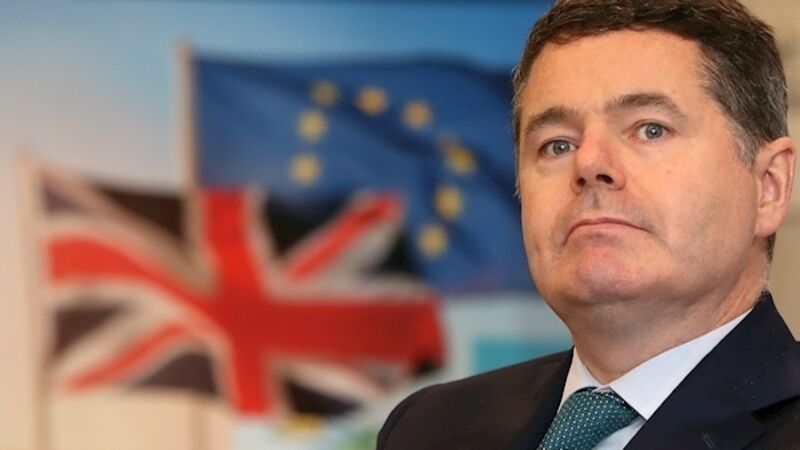A safe, boring budget is what we need as the drama of Brexit looms

Brave man, Paschal. That was my initial reaction when I heard the minister for finance saying that his mind was made up, a month before his budget, that there would be no tax breaks this year.
I waited for the heavens to open. I assumed the opposition would be out in their droves, and that there’d be Government backbenchers, maybe even a couple of Independent ministers, disowning their minister.
















